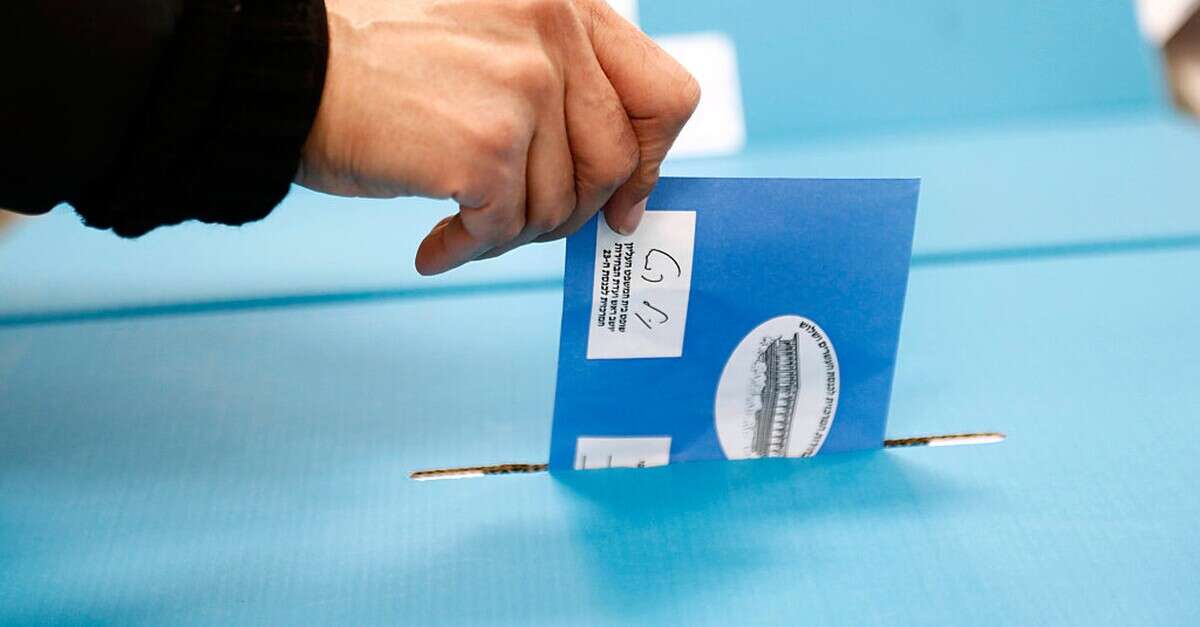
Which parties have so far announced the signing of a surplus agreement in the elections to the 24th Knesset?
What does the move mean?
The total number of votes for each pair of parties will be considered together for determining the number of seats allocated to them in the Knesset, when after determining the number of seats they will be divided among them according to their relative size. The purpose of a surplus agreement is usually to prevent waste of votes and “throwing ballot papers in the trash,” which do not converge into a full mandate.
What is the importance of signing a surplus agreement?
Such a move increases the chances of both parties receiving one seat and sometimes even two more seats when distributing the seats.
Can any party sign a surplus agreement with any other party?
Parties usually sign a surplus agreement with another party that has an ideological affinity between them and both belong to the same bloc.
What happens to a party that signs a surplus agreement with a party that does not pass the blocking percentage?
The party that passed the blocking percentage is harmed by this because the party that did not pass the blocking percentage does not participate in the distribution of seats.
Can a party that does not sign a surplus agreement with another party get an additional seat from the distribution of seats?
Definitely. If she has a significant number of excess votes beyond the last full seat she received.
Why are there a surplus of votes at all that necessitates a further distribution of seats?
It is important to understand that only the kosher votes received by the parties that passed the blocking percentage participate in the distribution of seats.
What is Badar-Ofer Law?
This is the nickname given to the law enacted in 1973 by Yochanan Bader (Gahal) and Avraham Ofer (the Alignment), which was intended to give a certain advantage to the major parties in the method of distributing seats.
How are the excess votes distributed?
The calculation is a bit complicated and tedious. Each party was given a “list surveyor” by dividing the number of eligible votes it received by the number of seats it won in the first division. The party that receives the largest surveyor wins the additional seat.
Until when are the parties required to notify the Election Commission with whom they signed a surplus agreement?
The deadline for this is March 12 (11 days before the election). By law a party may sign a surplus agreement with only one party.
Participated in the preparation of the article: Daniel Roth-Avnery, Yehuda Schlesinger